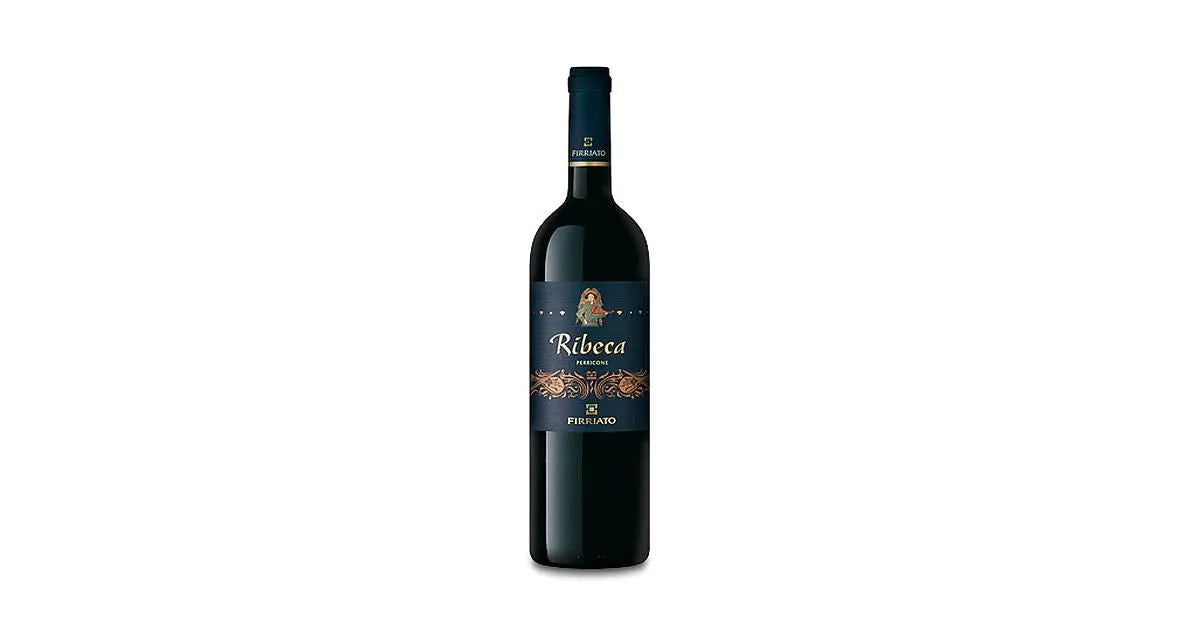Perricone: the relic vine recovered by Firriato
Ribeca
Sicily D.O.C.
Perricone
Ribeca is the result of the multiple years of work of recovery of the relic vine perricone, of which Firriato has selected his clone. The company believed in the capacity of this vine of the Sicilian viticole tradition that cultivates in the Tenuta di Pianoro Cuddìa. In this area there have been very dry and ventilated pedoclimatic conditions and Perricone has found the best conditions to enhance its character. The Firriato clone interprets the varietal characteristics of a vine, once widespread, and today almost disappeared. The character of this variety occurs with expressions of considerable elegance while, the microclimate of Pianoro Cuddìa promotes the aromatic complexity of the grapes and the concentration of intense hints but of absolute finesse.
Classification: D.O.C. Sicily Viti: Perricone production area: Agro di Trapani - Pianoro Cuddìa Tenuto type of soil: clay limestone exposure: south - west (200 meters above sea level) breeding system: counter osterera with guyot plants pruning for hectare: 5,000/6,000 rendering per hectare: 6,400 kg harvest: manual collection. III Decade of September-The decade of October fermentation temperature: 26 ° -28 ° C Fermentation period: 14 days Vinification: Traditional in red in steel tanks of thermocontic stainless steel malolactic fermentation: turning refinement: 10-12 months in French oak barriques refinement in bottle: 20 months alcoholic degree: 14.78 % vol. | PH: 3.19 (Val.Medio) | Total acidity: 6.16 g/l (Val.Medio) First harvest produced: 2000 vintage production: 38,000 bottles formed: 75 cl bottles, 1.5 l and 3 l service temperature: 18 ° C recommended chalice: large and pan with important wines
Production area
Cuddìa plateau
The Tenuta di Pianoro Cuddìa, located in the heart of the Trapani agro is characterized by the compact clay and of the soil that makes the cultivation of the screw complex; They are extreme soils because they are very rich in sodium.
Ribeca
The Firriato clone
Perricone is an ancient grape variety of the wine tradition of western Sicily. The scarce rendered and the difficulties in identifying the most suitable agronomic techniques for cultivation bind the cultivation of perricone almost exclusively to the Trapani countryside. It is a vine that is difficult to interpret agronomic and oenological interpretation. Firriato interpreted Perricone by selecting from ancient vineyards scattered in the historical production areas, plants with more spargoli and smaller bunches with smaller production yields, with the aim of maintaining high peel relationships and allowing the accumulation of anthocyanins and complex aromatic notes. The agronomic experiments and micro vinifications that have followed each other over the years, have identified the germplasm of a specific "clone" of Firriato.
Ribeca


